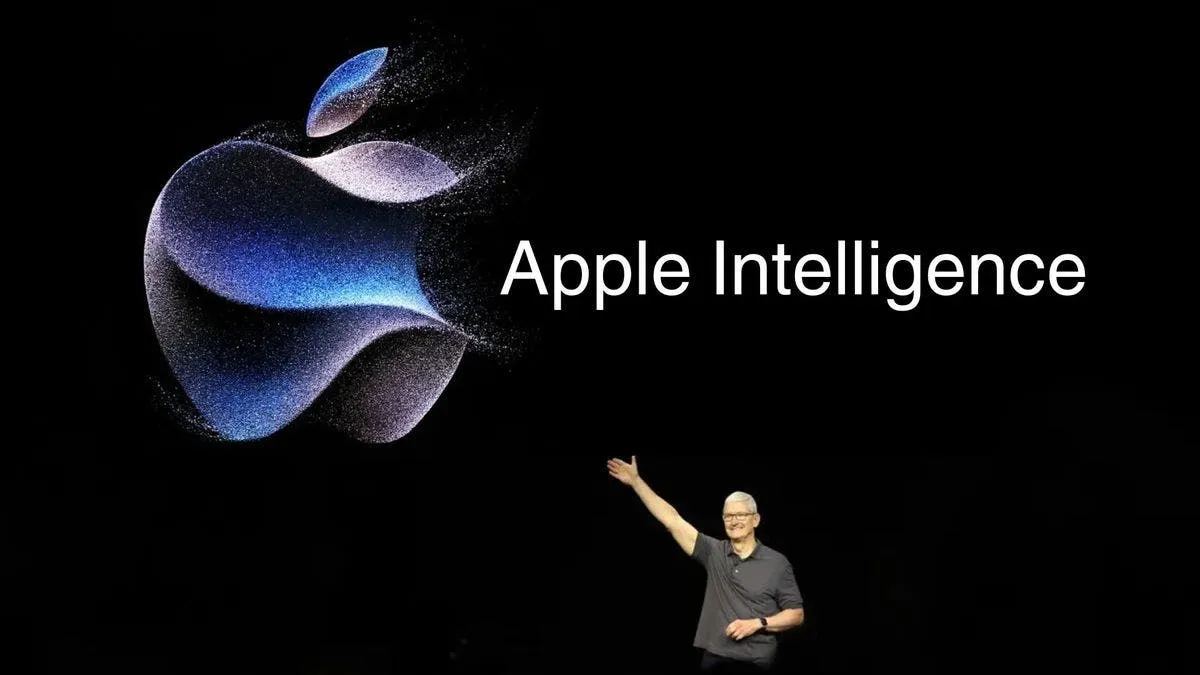
The "European Forum" (Forum Europa), European Commission Competition Commissioner Margrethe Vestager discussed Apple's decision not to launch its own AI, known as Apple Intelligence, in the European Union (EU). This decision has sparked a debate about competition and regulatory obligations in the EU, particularly concerning the Digital Markets Act (DMA).

Apple's Decision
Earlier this month, Apple said it will not use Apple Intelligence, iPhone Mirroring, and SharePlay screen in the EU. This means that when iOS 18 and macOS Sequoia arrive this fall, they will not support these features. The company explains that this is due to the laws in the EU region. In a statement to the Financial Times, Apple cited compliance with the DMA Act as the reason these features will not be available to EU users this year.
Regulatory Needs
The Digital Markets Act (DMA) is designed to ensure fair competition within the EU. It prevents large tech brands from abusing their market power. Apple’s decision not to deploy its AI features in the EU shows the impact of this new rule. Commissioner Vestager noted that Apple claims they have "obligations" in Europe, which require them to open up to rivary. This is a key aspect of the DMA, aiming to foster a more competitive market.
Vestager's Comments
Commissioner Vestager expressed her views on Apple's stance. She said that it is interesting they choose to deploy AI in regions without such laws. She criticized this as a clear indication that Apple is aware of the competitive advantage they hold. Vestager also said that such upper hand will hinder competition in any market. Vestager's comments highlight the ongoing tension between large tech brands and regulatory bodies in ensuring a level playing field.
In an interview at the Forum Europa in Brussels, Vestager said
“So Apple have said that they will not launch their new enabled features in the IRS environment, and they say that they will not do that because of the obligations that they have in Europe. And the obligations that they have in Europe, it is to be open for competition, that is sort of the short version of the DMA.” She added “they say we will now deploy AI where we’re not obliged to enable competition. I think that is the most sort of stunning, open declaration that they know 100% that this is another way of disabling competition, where they have a stronghold already.”
Impact on EU Users
For EU users, this decision means missing out on some of the latest tech trend from Apple. The absence of Apple Intelligence, iPhone Mirroring, and SharePlay screen sharing features could impact user experience. It could also make the new iPhone less attractive for users in the region. This situation places EU Apple users at the back bench relative to users in other regions who will have access to these features.
Apple's Response
In response, Apple said it loves its users in the EU and will do all it can to give them the best features. However, at the moment, due to the EU laws, its hands are tied. The company assured users that it will continue to engage with the EU to broker a solution.
Apple CEO Tim Cook said he believes a proposed European law known as DMA would “not be in the best interest of users.” However, he reiterates that the company will work closely with the EU authorities.
Conclusion
Apple's decision not to launch Apple Intelligence and other features in the EU due to regulatory concerns underscores the significant impact of the Digital Markets Act. Commissioner Vestager's comments shed light on the ongoing struggle to maintain fair competition in the digital market. As the tech landscape continues to evolve, it is crucial for regulatory bodies and tech companies to navigate these challenges to ensure a balanced and competitive environment. EU users, for now, will have to wait for these features, reflecting the broader implications of regulatory compliance on global tech deployments.
Popular News
Latest News
Loading





